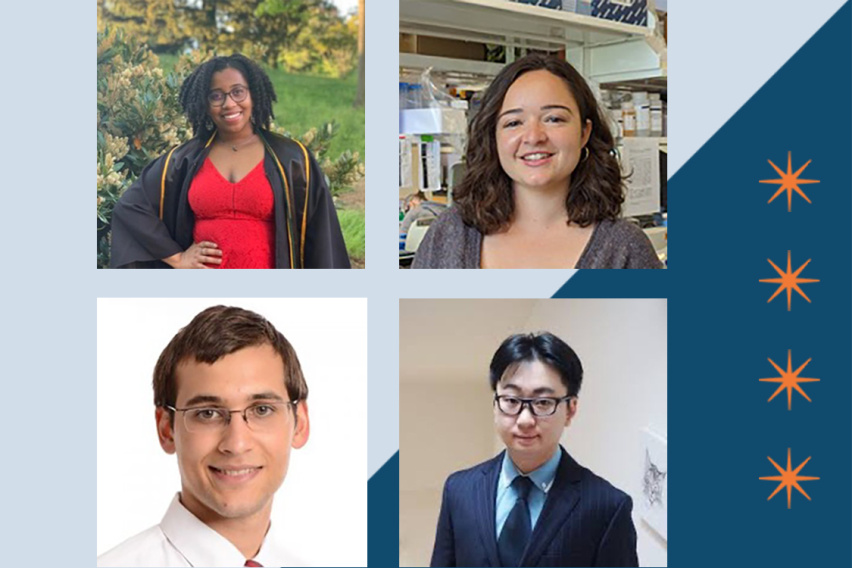National Science Foundation
May 10, 2022
Human genomes are folded into loops that control important processes, such as gene expression and DNA repair, and may lead to cancer when misfolded. The Hansen Lab visualized loop formation—for the first time—and discovered that loops are more rare and short-lived than previously thought. The study, published in Science, illuminates the need for new models of how the genome’s 3D structure regulates cellular processes.
